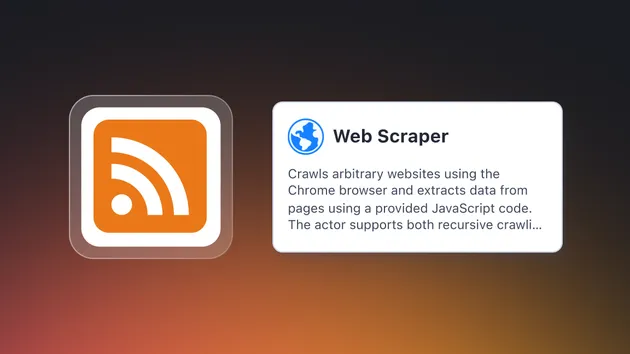$API_TOKEN=<YOUR_API_TOKEN>
$cat > input.json << 'EOF'
<{
< "url": "https://apify.com",
< "page_function": "use serde_json::{Value,json};\nuse scraper::{Html, Selector};\n\nfn selector_to_text(document: &Html, selector: &str) -> Option<String> {\n document\n .select(&Selector::parse(selector).unwrap())\n .next()\n .map(|el| el.text().next().unwrap().into() )\n}\n\n#[no_mangle]\npub fn page_function (document: &Html) -> Value { \n println!(\"page_function starting\");\n\n let title = selector_to_text(&document, \"title\");\n println!(\"extracted title: {:?}\", title);\n\n let header = selector_to_text(&document, \"h1\");\n println!(\"extracted header: {:?}\", header);\n\n let companies_using_apify = document\n .select(&Selector::parse(\".Logos__container\").unwrap())\n .next().unwrap()\n .select(&Selector::parse(\"img\").unwrap())\n .map(|el| el.value().attr(\"alt\").unwrap().to_string())\n .collect::<Vec<String>>();\n\n println!(\"extracted companies_using_apify: {:?}\", companies_using_apify);\n\n let output = json!({\n \"title\": title,\n \"header\": header,\n \"companies_using_apify\": companies_using_apify,\n });\n println!(\"inside pageFunction output: {:?}\", output);\n output\n}"
<}
<EOF
$curl "https://api.apify.com/v2/acts/lukaskrivka~rust-input-function-example/runs?token=$API_TOKEN" \
< -X POST \
< -d @input.json \
< -H 'Content-Type: application/json'





